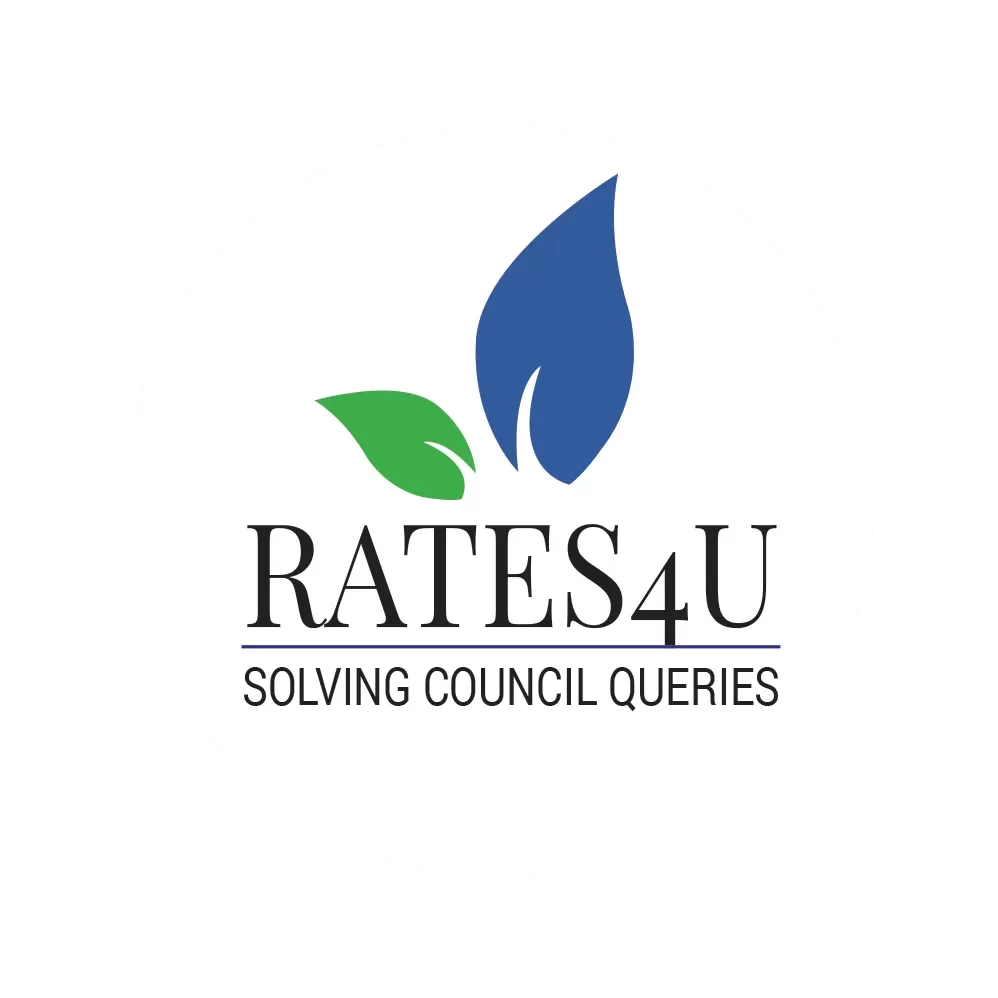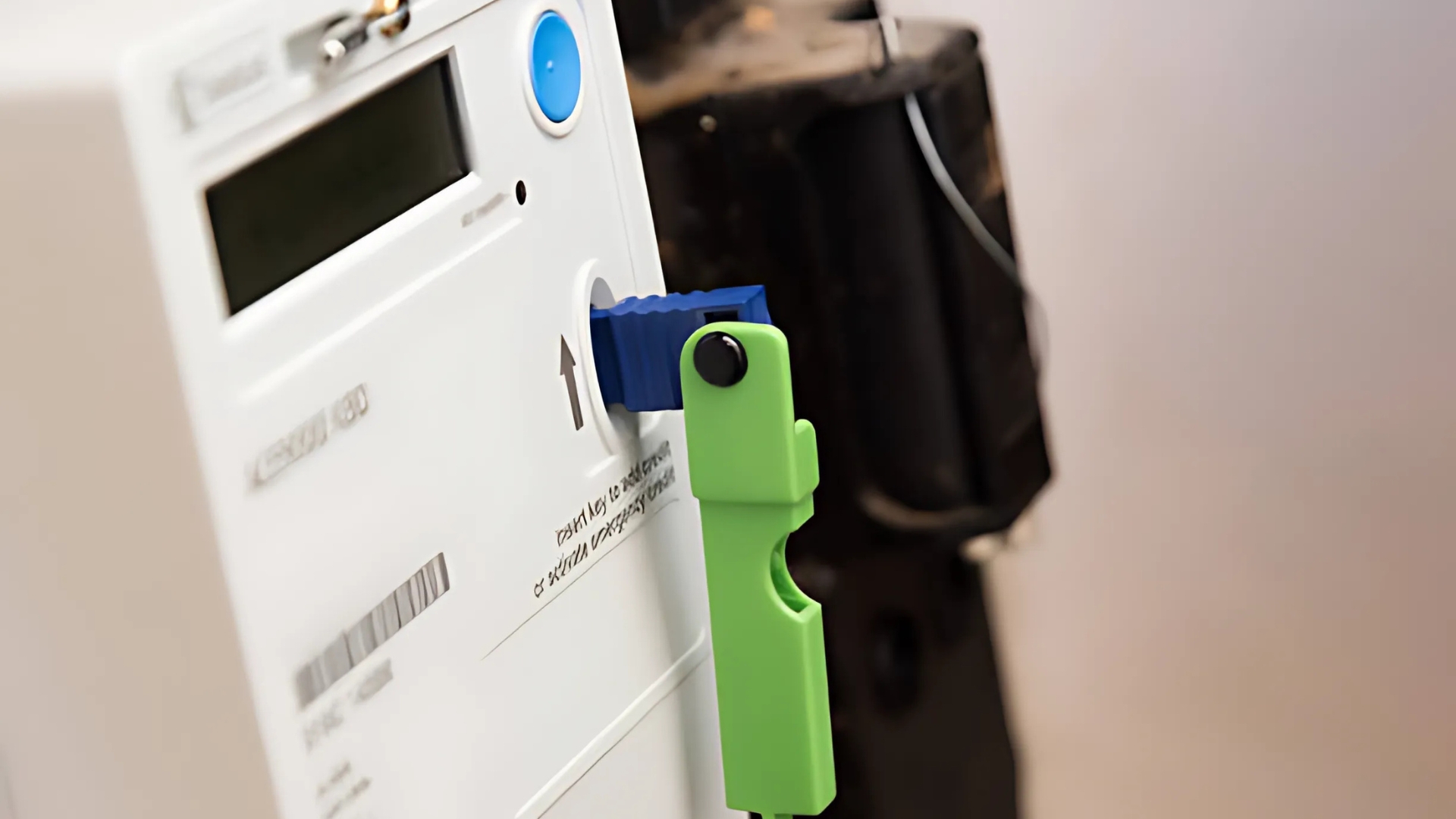As a homeowner, managing your municipal accounts can be a daunting task. From keeping track of billing to navigating the complexities of rebates and account updates, it’s easy to make mistakes that can lead to unnecessary headaches and financial burdens. In this post, we’ll explore the top 5 common mistakes homeowners make with their municipal accounts and provide tips on how to avoid them.
1. Failing to Update Address Information
One of the most common mistakes homeowners make is not updating their address information with the municipality. This can lead to missed bills, important notifications, and even delays in processing account changes. Make sure to promptly notify the municipality of any address changes, whether it’s a new home, a move within the same city, or even a change in your mailing address.
2. Not Applying for Eligible Rebates
Many municipalities offer various rebate programs, such as pensioner rebates or property rates rebates, that can significantly reduce your municipal charges. However, homeowners often fail to take advantage of these savings. Ensure that you research and apply for any rebates you may be eligible for to maximize your cost savings.
3. Neglecting to Pay Bills on Time
Paying your municipal bills on time is crucial to avoid late fees, interest charges, and potential service disruptions. Set up reminders or automatic payments to ensure you never miss a due date. If you’re facing financial difficulties, reach out to the municipality to discuss payment plans or other options to keep your account in good standing.
4. Ignoring Billing Discrepancies
It’s not uncommon for homeowners to receive municipal bills with incorrect charges or unexplained increases. Instead of simply paying the bill, take the time to review it thoroughly and address any discrepancies. Promptly contact the municipality to investigate and resolve any billing issues to avoid overpaying.
5. Failing to Monitor Account Changes
Municipal accounts can undergo various changes, such as property valuations, category updates, or meter conversions. Homeowners often overlook these changes, leading to unexpected charges or service disruptions. Regularly review your municipal account statements and proactively communicate with the municipality to ensure your account information is accurate and up-to-date.By being aware of these common mistakes and taking proactive steps to manage your municipal accounts, you can avoid unnecessary headaches, save money, and maintain a smooth relationship with your local municipality. Remember, Rates4u is here to assist you in navigating the complexities of municipal account management and ensuring your



